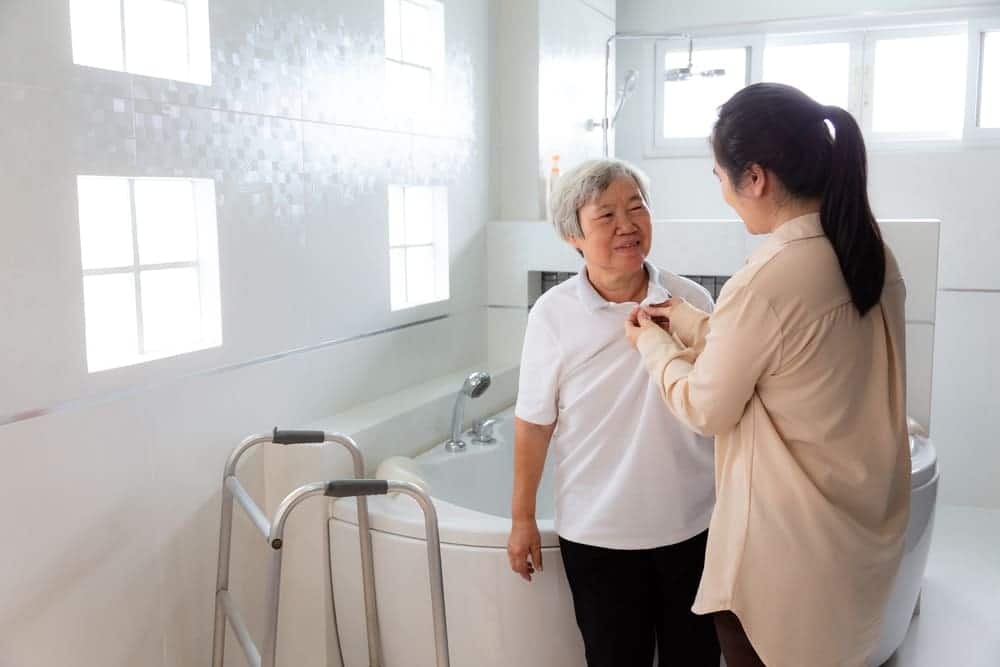
What does Medicare cover for assisted living? It's a common question among Medicare beneficiaries. In some cases, Medicare may pay 100% of the cost of the care, but in other cases, Medicaid may cover the cost. In these cases, Medicaid is often the only option, since Medicare does not cover assisted living. In addition, Medicaid coverage varies from state to state. Medicare Supplement may be a better alternative if Medicaid is unavailable.
Medicaid pays for custodial services
Medicare doesn't pay for custodial services, but some state Medicaid programs will cover them. It helps to pay for non-medical services such as help with daily living activities, such dressing and bathing. It may also cover medical care as well as housekeeping and other errands. Although custodial care is valuable for seniors, it is not covered by most private insurance plans.

Medicare pays 100% of all costs for care
Medicare Part A is only able to cover a portion the cost of assisted living. However, it doesn't cover custodial service. To avoid this, it is important to plan ahead for a move-in deposit and moving expenses. Also, plan for the average 3 percent to 6 percent increase in costs each year. By planning ahead, you can find ways to save money and learn more about care options. You can also learn how Medicaid may help you to pay for assisted-living.
Medicare Supplement doesn't cover assisted living
Medigap insurance is an option for anyone who wants to be assisted living. Some Medigap insurance plans cover assisted-living, while others do not. Plan C covers the first 21 days in a SNF, while plans D and F cover coinsurance of 50% to 75%. Medicare Supplement does not cover assisted living. It is best to consult your agent.
Medicaid coverage can vary from one state to the next
Not all Medicaid plans cover assisted living. You might not be eligible for Medicaid benefits. Or, you may have fallen too far on the waiting lists to receive benefits. You may have to consider private funding options, such as veterans' benefits or insurance plans, in these cases. While the process of enrolling in these programs may be complex, paying for assisted living yourself can be easier than applying for Medicaid benefits. Continue reading for information about Medicaid coverage and assisted living.

Assisted living is a "home away from home"
At Home Away From Home can provide assistance such as dressing, bathing and medication reminders. A staff member is always available to help you monitor your insulin levels and make any necessary adjustments. There are special diets available. The state license does not require 24 hour awake staff. However, most residents prefer that they receive assistance in the bathroom or with daily activities on a regular basis. At Home Away from home provides 24 hour supervision.